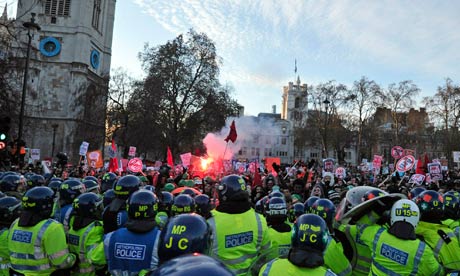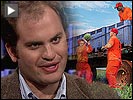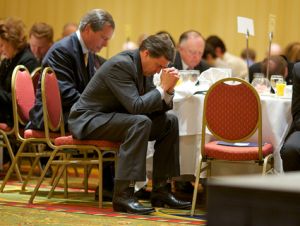In case you had any doubts, Thursday’s more than 500-point plunge in the Dow Jones industrial average and the drop in interest rates to near-record lows confirmed it: The economy isn’t recovering, and Washington has been worrying about the wrong things.
It’s not just that the threat of a double-dip recession has become very real. It’s now impossible to deny the obvious, which is that we are not now and have never been on the road to recovery.
For two years, officials at the Federal Reserve, international organizations and, sad to say, within the Obama administration have insisted that the economy was on the mend. Every setback was attributed to temporary factors — It’s the Greeks! It’s the tsunami! — that would soon fade away. And the focus of policy turned from jobs and growth to the supposedly urgent issue of deficit reduction.
But the economy wasn’t on the mend.
It’s not just that the threat of a double-dip recession has become very real. It’s now impossible to deny the obvious, which is that we are not now and have never been on the road to recovery.
For two years, officials at the Federal Reserve, international organizations and, sad to say, within the Obama administration have insisted that the economy was on the mend. Every setback was attributed to temporary factors — It’s the Greeks! It’s the tsunami! — that would soon fade away. And the focus of policy turned from jobs and growth to the supposedly urgent issue of deficit reduction.
But the economy wasn’t on the mend.














